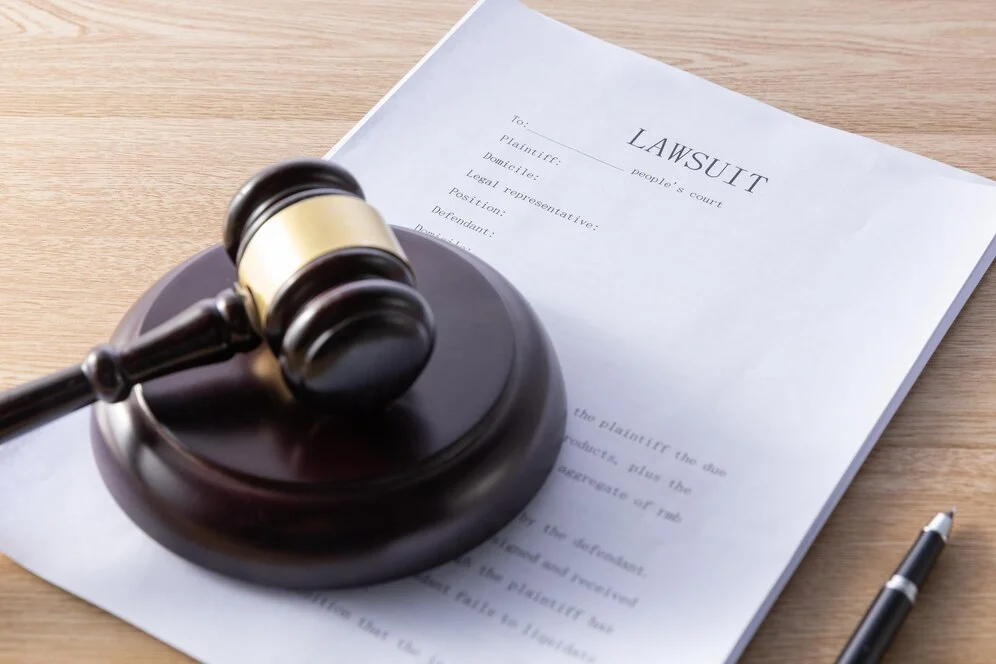
Consumer fraud occurs when an individual or organization deceives you for financial gain. From online scams to deceptive product claims, fraud can take many forms and often leaves victims feeling powerless. Understanding how to identify and report consumer fraud is essential to protect yourself and help others.
What Is Consumer Fraud?Consumer fraud is any intentionally deceptive practice that results in financial or personal loss. It often involves misrepresentation of facts, false advertising, identity theft, phishing, or fake products or services.
Fraudsters prey on trust, exploiting gaps in knowledge or technology. Anyone can be targeted—regardless of age, education, or income level.
Some common examples include:

• Telemarketing scams demanding upfront payments or offering prizes you never entered to win.
• Online shopping scams where you pay for goods that never arrive or are different from advertised.
• Identity theft through fake emails or data breaches.
• Investment schemes that promise high returns with no risk.
How to Identify Consumer FraudRecognizing red flags is the first step to preventing fraud:
High-Pressure Tactics: Scammers often urge immediate action—"act now or miss out." This is to keep you from thinking or doing research.
Unfamiliar Contacts: Be wary of unexpected messages, emails, or calls from unknown senders, especially those requesting personal or financial information.
Too-Good-To-Be-True Offers: Promises of free money, miracle cures, or guaranteed returns often indicate a scam.
Requests for Payment via Gift Cards or Wire Transfer: These methods are hard to trace and favored by fraudsters.
Lack of Contact Information: Fraudulent businesses often lack physical addresses or working customer service numbers.
Suspicious Links and Websites: Phishing emails may look official but redirect you to malicious sites. Always verify the web address.
If you think you've encountered fraud, take these steps quickly:
1. Stop All Communication: Do not respond further. Block calls, emails, or messages.
2. Gather Evidence: Keep records of messages, emails, receipts, or any communication.
3. Monitor Financial Activity: Check bank accounts and credit cards for unauthorized charges.
4. Report the Fraud: Notify the appropriate agencies to help investigate and warn others.
Reporting fraud helps authorities take action and may prevent others from becoming victims.
Here are key places to report consumer fraud:
• Federal Trade Commission (FTC): File a complaint at ReportFraud.ftc.gov. This database helps the FTC and law enforcement investigate scams.
• Better Business Bureau (BBB): Submit a complaint if a business engaged in deceptive practices.
• State Attorney General: Each state has a consumer protection division for local complaints.
• Internet Crime Complaint Center (IC3): If the fraud involved the internet or online transactions.
• Financial Institutions: Notify your bank or credit card provider to dispute charges and freeze accounts.
• Local Police: File a report if your personal information was stolen or money was fraudulently taken.
How to Protect Yourself in the FuturePreventing fraud is as important as reporting it. Use these best practices:
• Use strong, unique passwords and enable two-factor authentication.
• Avoid clicking unknown links or downloading attachments from unverified sources.
• Check website security (look for "https://" and a padlock symbol).
• Use credit cards rather than debit cards for online purchases—they offer better protection.
• Educate yourself about common scams through trusted government resources like the FTC.
ConclusionConsumer fraud is a growing issue, but you don’t have to be a victim. By learning how to spot the warning signs and where to report incidents, you can protect your money and your identity. Awareness, swift action, and public reporting are the best defenses we have. When in doubt, always double-check the source and never share sensitive information unless you're certain it's safe.
Subscribe to our newsletter and never miss an update.
Get the latest posts delivered straight to your inbox.

Senior Contributor
Ravi Raj is passionate about impactful storytelling. With a unique voice and deep insights, they turn everyday stories into compelling reads that resonate and inform.
Read Full Bio
By Kusum Singh
23 Dec 2025

By Ravi Raj
31 Dec 2025

By Ravi Raj
22 Dec 2025

By Kusum Singh
02 Jan 2026

By Ravi Raj
30 Dec 2025

By Kusum Singh
21 Dec 2025

By Ravi Raj
02 Jan 2026

By Ravi Raj
02 Jan 2026

By Ravi Raj
20 Dec 2025

By Ravi Raj
31 Dec 2025

By Ravi Raj
01 Jan 2026

By Kusum Singh
19 Dec 2025